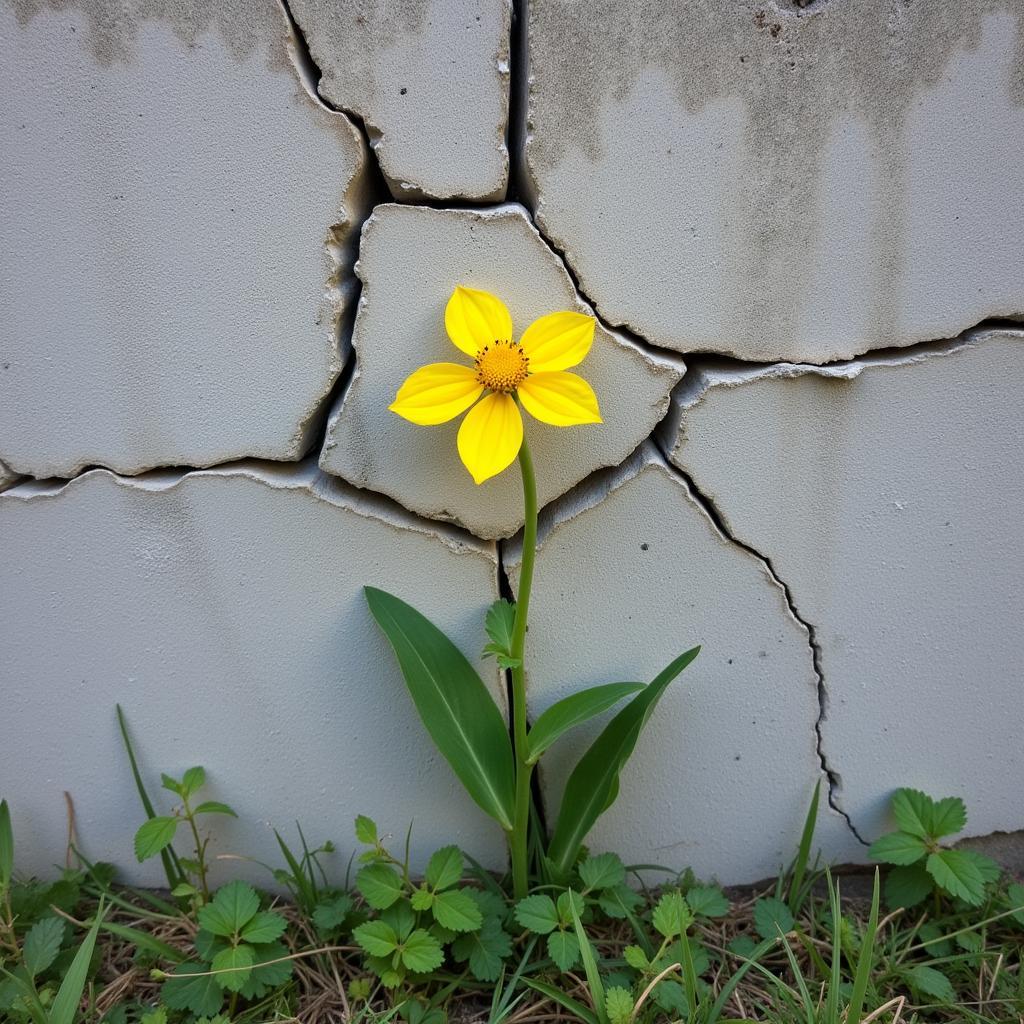The term “Society Of The Sword” often evokes images of conflict, violence, and a world dominated by force. While it’s true that history is rife with examples of such societies, it’s crucial to remember that focusing solely on the sword neglects the silent majority who strive for peace. This article delves into the complexities of navigating peace within systems seemingly built on the idea of “might makes right” and how we can collectively forge a path toward a more peaceful future.
Understanding the Allure and Illusion of the Sword
Throughout history, the sword has been a potent symbol of power, authority, and even protection. It’s easy to understand why societies, particularly in times of instability or perceived threat, might turn to the sword as a means of securing their interests. This reliance on force often stems from fear, insecurity, and a lack of trust in alternative solutions.
However, the “society of the sword” is ultimately built on an illusion. While force might achieve temporary dominance, it rarely leads to lasting peace or genuine security. Instead, it often perpetuates cycles of violence, resentment, and instability. The true cost of the sword lies in the erosion of trust, empathy, and the very fabric of peaceful coexistence.
Cultivating Peace in the Shadow of the Sword
 Seeds of Peace Amidst Conflict
Seeds of Peace Amidst Conflict
Even in societies where the sword holds sway, the seeds of peace can be sown and nurtured. This requires courage, perseverance, and a commitment to seeking alternatives to violence.
Here are a few ways to cultivate peace within a “society of the sword”:
- Promoting Dialogue and Understanding: Open and honest communication is essential to breaking down barriers of fear and mistrust. By fostering dialogue between different groups, we can begin to bridge divides and build empathy.
- Strengthening Institutions of Justice and Fairness: A key element in mitigating the allure of the sword lies in establishing robust and impartial systems of justice. When individuals and communities have faith in fair and equitable treatment, they are less likely to resort to violence.
- Empowering Marginalized Voices: Societies of the sword often thrive on silencing dissent and marginalizing those who challenge the status quo. By amplifying the voices of the marginalized and promoting inclusion, we can create a more just and peaceful society.
- Investing in Education and Peacebuilding: Education plays a pivotal role in dismantling the foundations of violence. By equipping individuals with critical thinking skills, conflict resolution strategies, and an understanding of peacebuilding principles, we can create a generation committed to nonviolent solutions.
Moving Beyond the Society of the Sword: A Collective Endeavor
Transitioning from a “society of the sword” to a society of peace is not an overnight transformation. It requires a long-term commitment to dismantling systems of oppression, promoting justice, and fostering a culture of peace. This collective endeavor necessitates the participation of individuals, communities, and nations working together to build a world where dialogue replaces violence and empathy triumphs over fear.
Let’s remember that the choice ultimately lies with us: to perpetuate the cycle of the sword or to forge a new path—one paved with understanding, compassion, and a shared commitment to a future free from violence.
FAQs
- What are some historical examples of societies moving away from the “sword”?
- How can I contribute to peacebuilding in my own community?
- What are some effective conflict resolution strategies?
- What role does education play in promoting peace?
- How can we support organizations working towards disarmament and non-violence?
For further insights into building a more peaceful world, explore these related articles:
Need help or want to get involved? Contact us at 02043854663, email [email protected], or visit us at Khu 34, Bắc Giang, 260000, Việt Nam. Our dedicated team is available 24/7 to assist you.